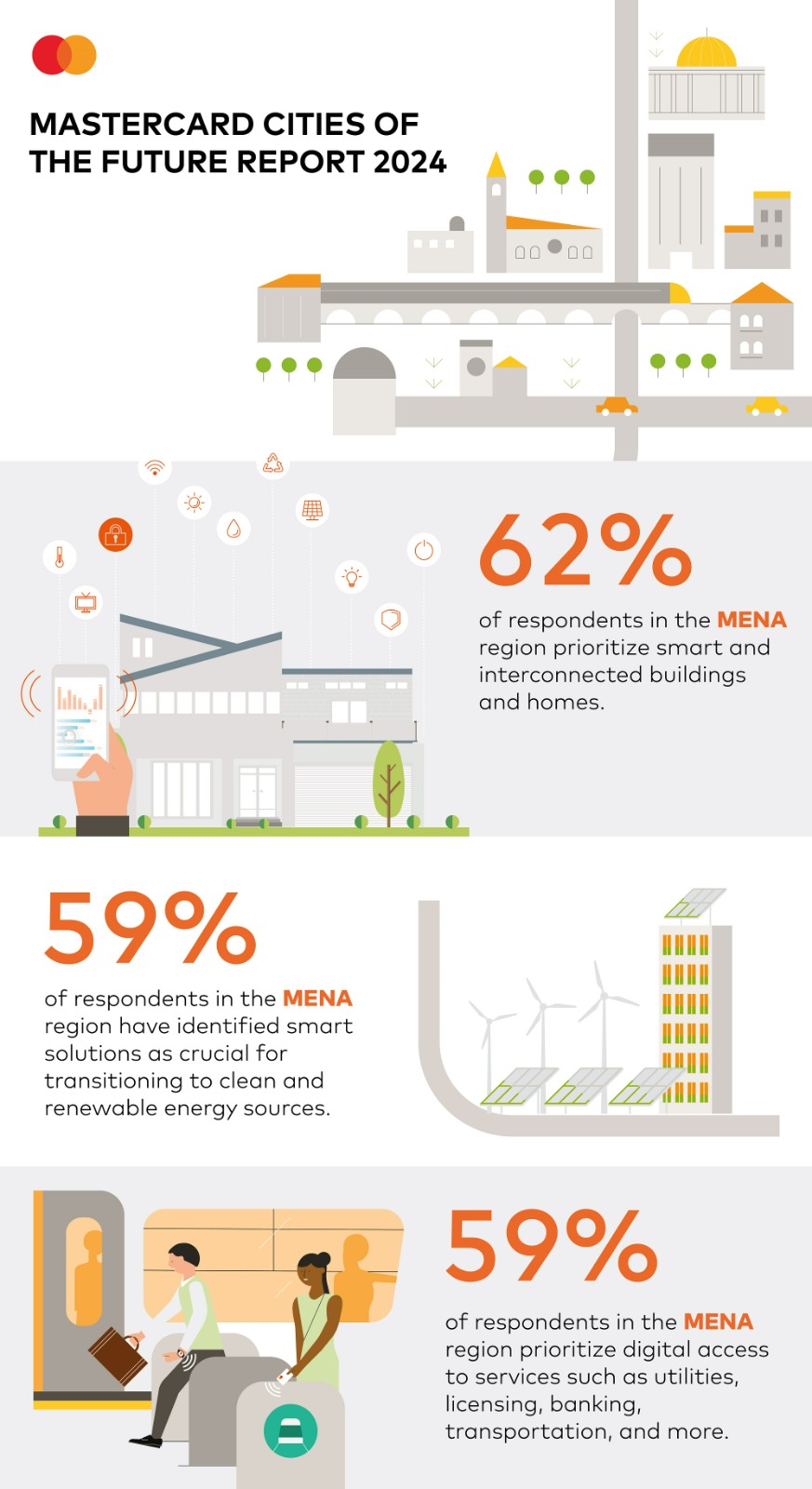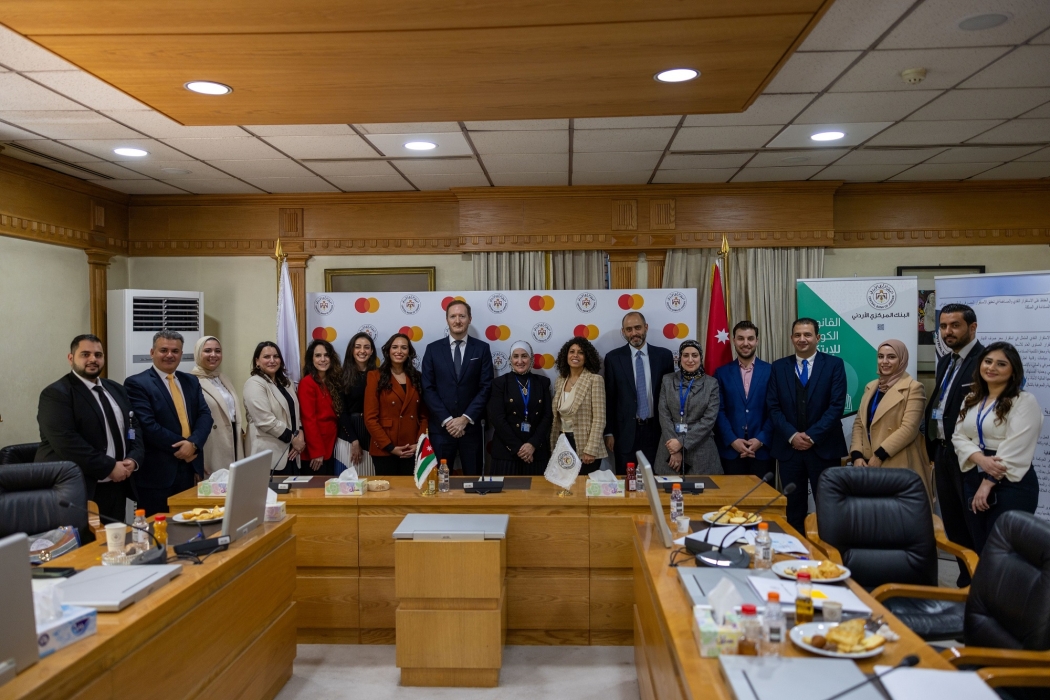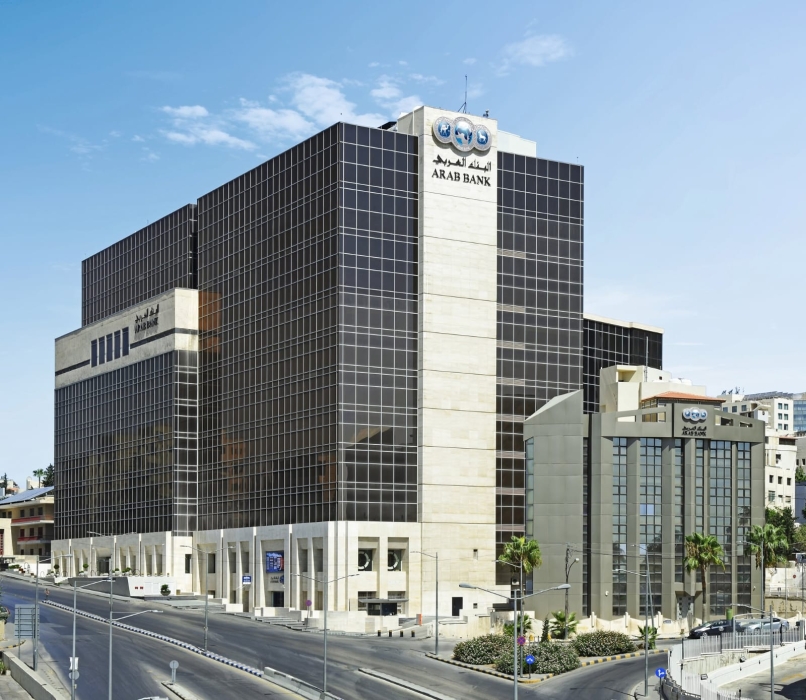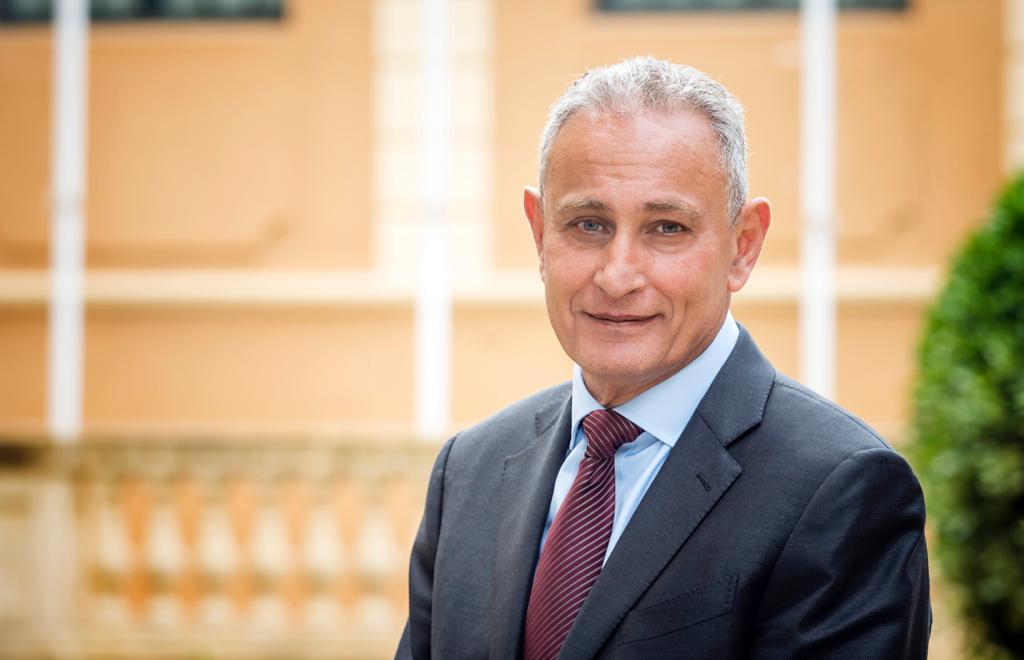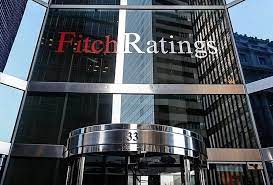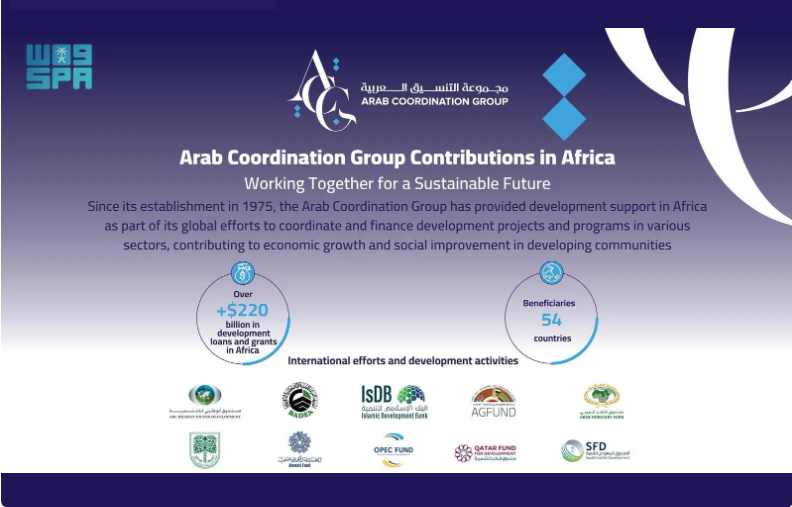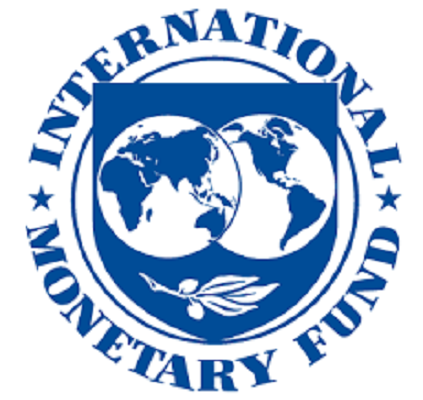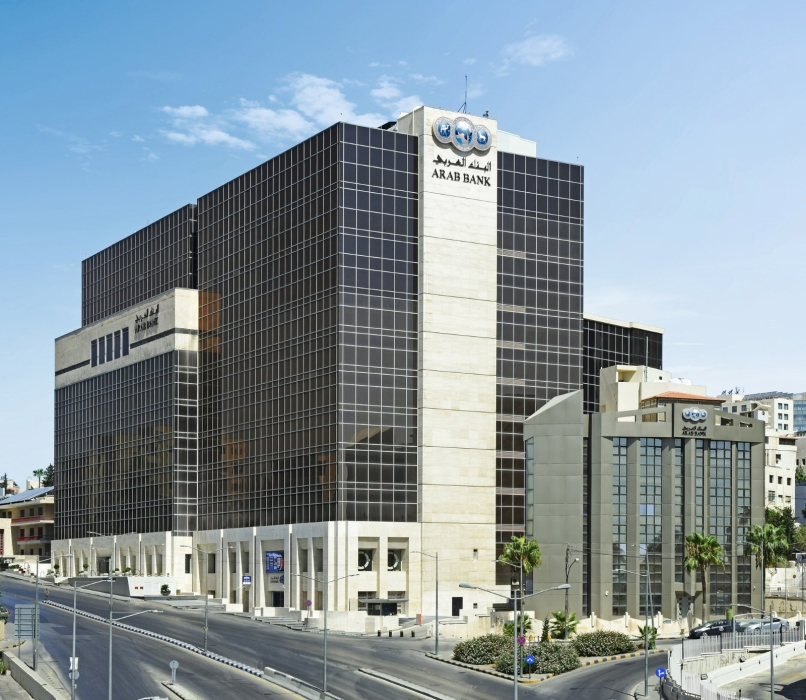Parliamentary Economy and Amman Trade organize a dialogue meeting on the Investment Environment Law
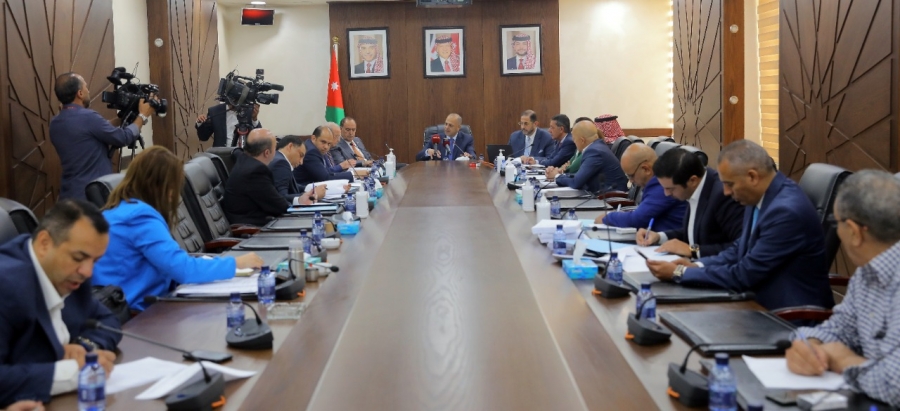
Al-Anbat -
Al - Anbat - NEVEEN - AL - JARRAH
During a meeting organized by the Amman Chamber of Commerce yesterday evening at its headquarters, the Parliamentary Committee on Economy and Investment heard the observations of unions and associations of business owners and some Arab investors on the draft law regulating the investment environment for the year 2022.
The head of the committee, Deputy Khair Abu Sa'ilek, said during the meeting, which was attended by Minister of Investment Khairy Amr, that the committee will start next week with approving the articles of the law and will work on reversing the largest possible number of observations submitted by the private sector if needed.
He praised the series of dialogues held by the government with the private sector and its presentation of an initial version of the draft law, which resulted in substantial and important amendments to its first draft, indicating that many of the sector’s observations were included in the current amended and final version.
He pointed out that the committee, in turn, initiated a national dialogue on the articles of the draft law, stressing that the dialogue will not be formal, "everything is subject to discussion and there are no red lines", especially since the government confirmed that it welcomes any proposals submitted by the private sector.
He stressed the existence of a real and favorable opportunity for everyone to improve the provisions of the law, especially with the great interest of the state in attracting investment and developing the investment environment.
He pointed out that the Jordanian state is reproducing its tools on three tracks: the political path from which the laws of parties and elections emerged, the economic path through the vision of modernization that emerged from the economic workshop called for by His Majesty King Abdullah II, and the third is the administrative path to develop and reform the public sector.
Abu Sa'ilek indicated that the vision of economic modernization included the employment of one million citizens over ten years, and attracting investments worth 40 billion dinars, indicating that the government has transferred to the Parliament economic laws that contribute to the development of the investment environment.
He stressed that the House of Representatives is keen to listen to any proposals submitted to the draft law, pointing out that there is a window on the Council’s website through which any note can be sent and there is a team that will write it down, in addition to receiving any note received through the Amman Chamber of Commerce, and it will be dealt with in all transparency.
He said that the House of Representatives will constitutionally study the permissibility of private sector representation in the incentives committee that will be formed under the draft law regulating the investment environment, explaining that the draft law did not distinguish between local and non-Jordanian investors and gave everyone the same incentives and benefits without any exception.
He stressed the need to update the map on a continuous basis and in line with the investment opportunities that are being presented, noting that there is coordination with a number of Jordanian embassies abroad to arrange "remote" meetings and dialogues with Jordanian and Arab investors to know their needs and observations on the draft law, in addition to holding meetings with many provinces with the private sector.
Abu Sa'ilik pointed to the contribution of the commercial and service sector and the great role it plays in the national economy, which was very evident during the Corona pandemic, as he took over the management of supply chains and the continued flow of goods to the local market.
In turn, Minister of Investment Khairy Amro stressed that the economic laws approved by the government come for the purpose of improving the investment environment, enhancing the Kingdom's competitiveness, facilitating and empowering the private sector's work, and enhancing partnership between the two sectors.
Minister Amr indicated that the law's success lies in applying its articles correctly on the ground, pointing out that the government took a large part of the private sector's comments on the initial draft law.
He referred to the expansion of the economic sectors covered by the decision to grant citizenship to investors, especially the services and creative industries sector to attract expertise to the Kingdom, stressing that the ministry is keen to provide any capabilities that support investors and business owners.
For his part, the head of the Amman Chamber of Commerce, Khalil Haj Tawfiq, stressed the need not to rush into approving the law, so that its provisions are in line with the vision of economic modernization, which includes axes that will bring about a structural change in the investment axis, enhance the business environment and achieve competitiveness.
He pointed out the importance of coming up with a law that would enable the Kingdom to compete to attract the investments needed by the national economy in light of the economic difficulties the country is facing at the current stage, and in a way that contributes to providing job opportunities and supporting growth engines.
He stressed the importance of the Kingdom being a single economic zone, with unified customs and taxation, during the next five years to remove the existing distortions, explaining that this was one of the recommendations of the Trade Committee during the national economic workshop.
Al-Hajj Tawfiq called for strengthening communication with investors and business owners, finding out the challenges and issues facing them, and reconsidering the issue of granting citizenship in accordance with the regulations and laws.
In addition, the heads of trade unions and associations of employers, members of the Chamber’s board of directors and investors presented a set of observations on the articles of the draft law, focused on the need to review the investment map on an annual basis, link tax exemptions to available job opportunities, and reduce the number of incoming regulations and instructions.
They pointed to the need to market investment through a specialized body to make the Kingdom able to compete with neighboring countries and facilitate the entry of investors through registration through a special platform, reconsider the restricted nationalities and open the door to recruiting workers from new countries.
They stressed the necessity of stabilizing legislation, including the agricultural, capital market and infrastructure sectors in the articles of law, and assigning the task of commercial centers, exhibitions and vocational training to the private sector.
The meeting was attended by Representatives Ayman Madanat, Hayel Ayyash, Abdul Rahman Al-Awaysha, Suleiman Abu Yahya, Dina Al-Bashir, Dirar Al-Harasis, Khaled Al-Bustanji, Omar Al-Naber, and the head of the Labor and Social Development Committee in the Senate, Issa Haider Murad.
